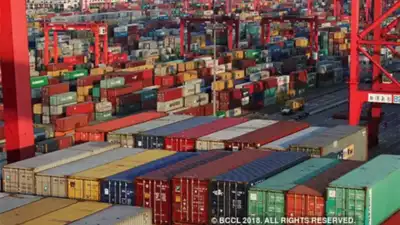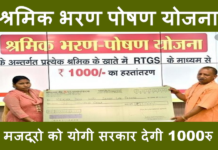No need to review the duty-remission programme because of US and EU action, According to a government official, the union government has no plans to review its Remission of Duties and Taxes on Exported Products (RoDTEP) programme after the US and the EU imposed countervailing duties on four Indian products last year, citing violations of World Trade Organisation (WTO) regulations.
Following an anti-subsidy investigation, the US and EU imposed countervailing duties (CVDs) on paper file folders, common alloy aluminium sheet, and forged steel fluid. Tariffs on imported goods known as countervailing duties (CVDs) are levied in an effort to protect homegrown industries by offsetting government subsidies provided by the exporting nation.
“The exporters should be able to demonstrate that what they are receiving is a remission and not an incentive when US investigators visit the manufacturing facilities. They must be able to provide documentation proving they are paying their electricity and value-added tax (VAT). However, our exporters are having trouble maintaining the documents. The official stated, “We are developing a procedure to acquaint exporters with the complete documentation process.
The plan does not require a second look. WTO compliance exists. Few exporters were unable to present their documentation, and some stated that it is an incentive because incentives were previously in place. Thus, the government will assist in the process while our exporters adjust to the documentation mechanism,” the official continued.
Announced in January 2021, the RoDTEP scheme reimburses embedded duties and taxes, including the mandi tax, electricity duty, and VAT on fuel used for transportation. It took the place of the Merchandise Exports from India Scheme (MEIS), which was incompatible with the WTO and had been challenged on multiple occasions by WTO members.
The RoDTEP programme is funded by the government, and for FY 23–24, Rs 15,070 crore was set aside to increase exports of goods like pharmaceuticals, chemicals, both organic and inorganic, and iron and steel articles, among other things.
“There is an issue if our partner nation is unable to comprehend our policies. It’s our responsibility. since we’re trying to get access to the market. As an illustration, we must comply with standards imposed by partner nations. According to Biswajit Dhar, a professor at Jawaharlal Nehru University’s Centre for Economic Studies and Planning, “we need market access, so we will have to resolve these issues.”
Dhar continued, saying that the program’s implementation is important since it will probably be examined more closely by other nations now that the US and EU have placed countervailing duties on Indian goods. RoDTEP is WTO compliant, he continued, but the government must guarantee transparency and predictability because those are key WTO principles.
How we are putting it into practice is another matter. There is an oversight issue. The argument put out by the industry that the rates were too low was a good one. Any policy must be continuously reviewed and observed to ensure that compliance is being followed. Because you can’t allow the entire plan to be called into doubt because of one bad apple. Because we need to count our pennies when our exports are declining, the government must exercise caution when implementing policies. because we could lose,” Dhar continued.



































